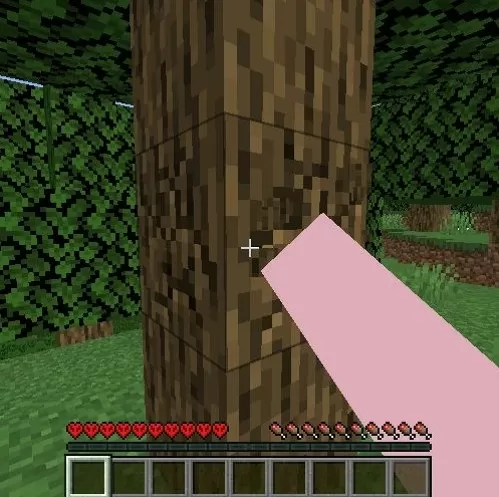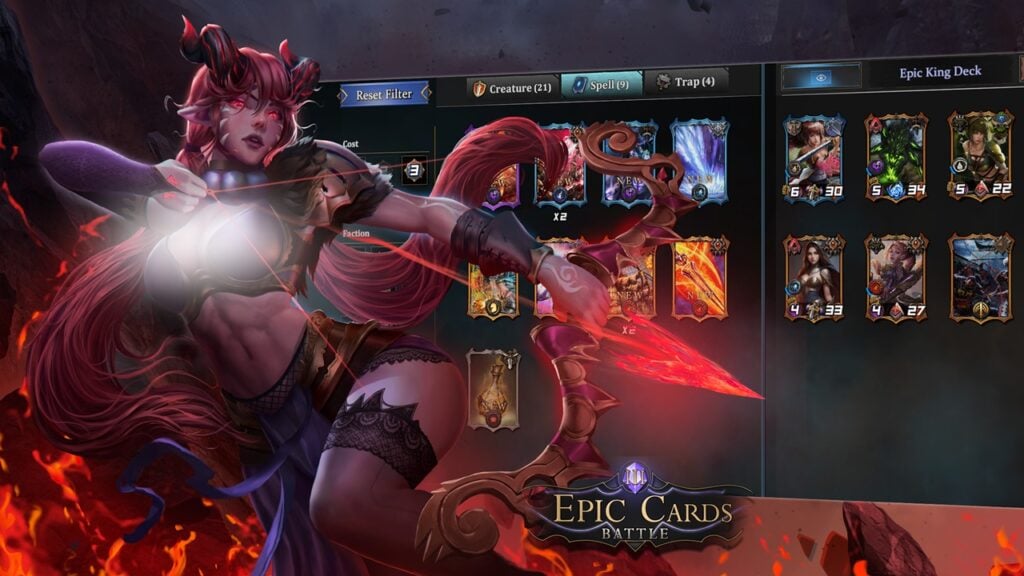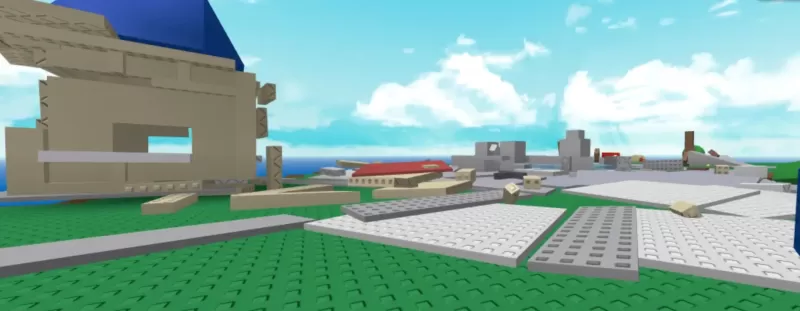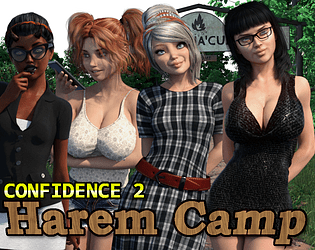Hideo Kojima's Japanese radio podcast KOJI10 offers a fascinating glimpse into the mind behind iconic games like Metal Gear Solid and Death Stranding. In the latest episode (Episode 17), Kojima delves into the innovative use of real-life time mechanics in video games, discussing both implemented and unused concepts, including a scrapped idea from the upcoming Death Stranding 2: On The Beach.
Kojima is well-known for integrating real-world time into gameplay mechanics. He highlights two examples from Metal Gear Solid 3: Snake Eater (2004) on the PS2. To enhance the realism of surviving in the jungle, food acquired in the game would spoil after a few real-life days. Consuming spoiled food could make Snake sick, or players could creatively use it as a weapon by throwing it at enemy soldiers.
Death Stranding 2 Cast
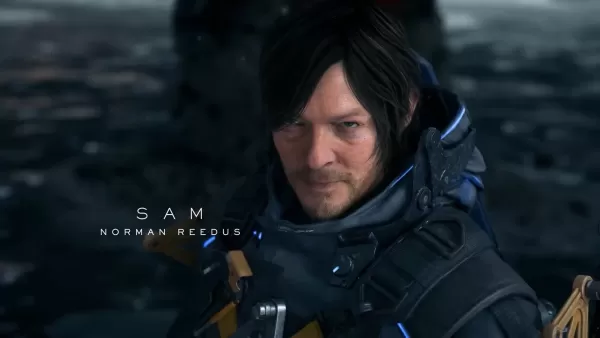
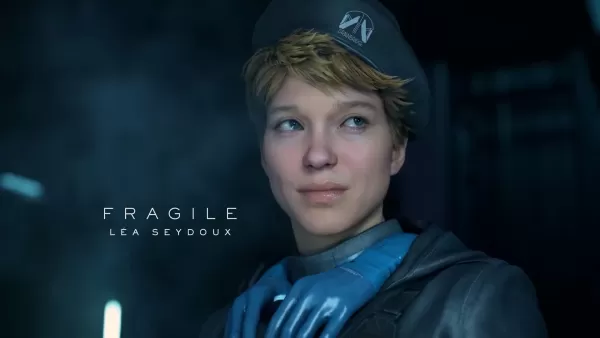 View 14 Images
View 14 Images
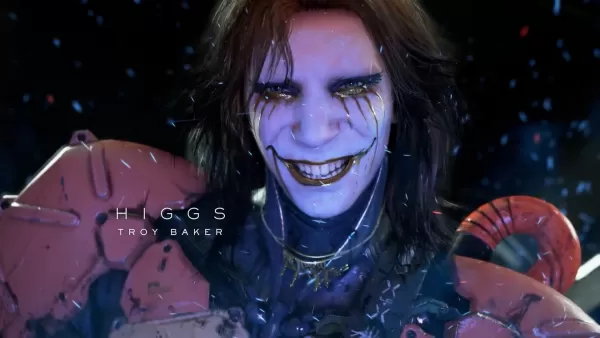
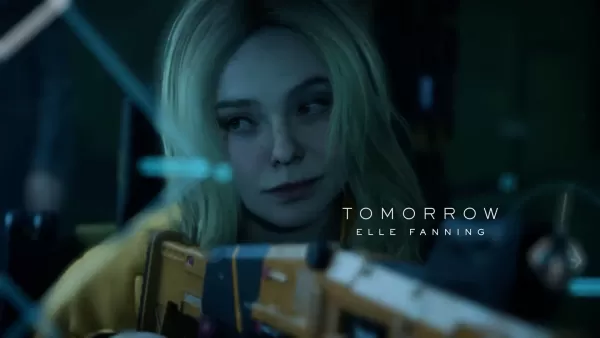
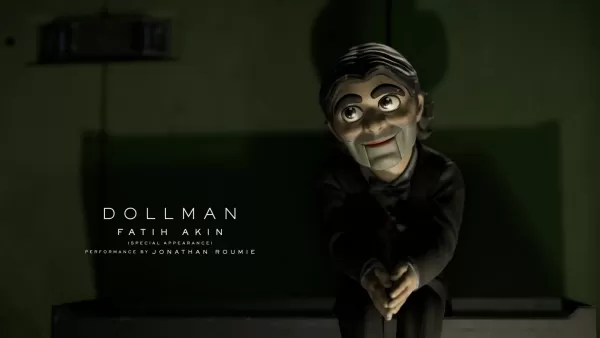
Another instance from MGS3 is the use of the system clock in the battle against the elderly sniper, The End. Kojima notes, "Although he is a really tough boss, if the player waits a week, The End will die of old age." Players who load their save after a week will witness a cutscene where Snake finds The End deceased.
Kojima also shares an unused concept from Death Stranding 2, where Sam's beard would have grown over time, requiring players to shave it. "Originally in Death Stranding 2, I was going to have Sam's beard gradually grow out over time, and the player would have to shave it. If they didn’t, Sam would end up looking unkempt," he explains. However, due to Norman Reedus's star status, Kojima decided against it to keep Sam looking cool. Yet, he remains open to implementing this in future projects.
Kojima further explores three game concepts centered around real-life time mechanics. The first is a life simulation game where players start as children and age into adults and then elderly individuals, affecting their physical abilities and strategic gameplay. "It starts out with the player being born, you’re a child and then gradually over time you become an adult. In the game, you fight various enemies. Like with the previous example (MGS3’s The End), if you keep playing the game, you will become a 70 or 80 year old man. However, at this age you will be weaker, your eyesight will worsen. When you are a teenager you’ll be able to run faster but by the time you reach 60 you’ll slow down a bit," Kojima elaborates. He jokingly adds, "But no-one would buy it!" though his podcast co-hosts express enthusiasm for such a "Kojima-like game."
Another concept involves creating and maturing products like wine or cheese, requiring long-term play, which could function as a background or idle game.
Contrastingly, Kojima proposes a "forgetting game" that players must complete quickly. In this game, the protagonist gradually forgets crucial information and skills if the player takes extended breaks. "If you don’t play every day, the main character will gradually forget things such as 'how to fire their gun or what their job is.' This forgetfulness builds up until finally the player is unable to move," Kojima explains, humorously suggesting that players might need to take a week off to play it.
With Death Stranding 2 set to release on June 26, many fans are eagerly anticipating taking time off to dive into Kojima's latest creation. For more insights into the game, check out our interview with Kojima and our impressions after playing through the first 30 hours.

